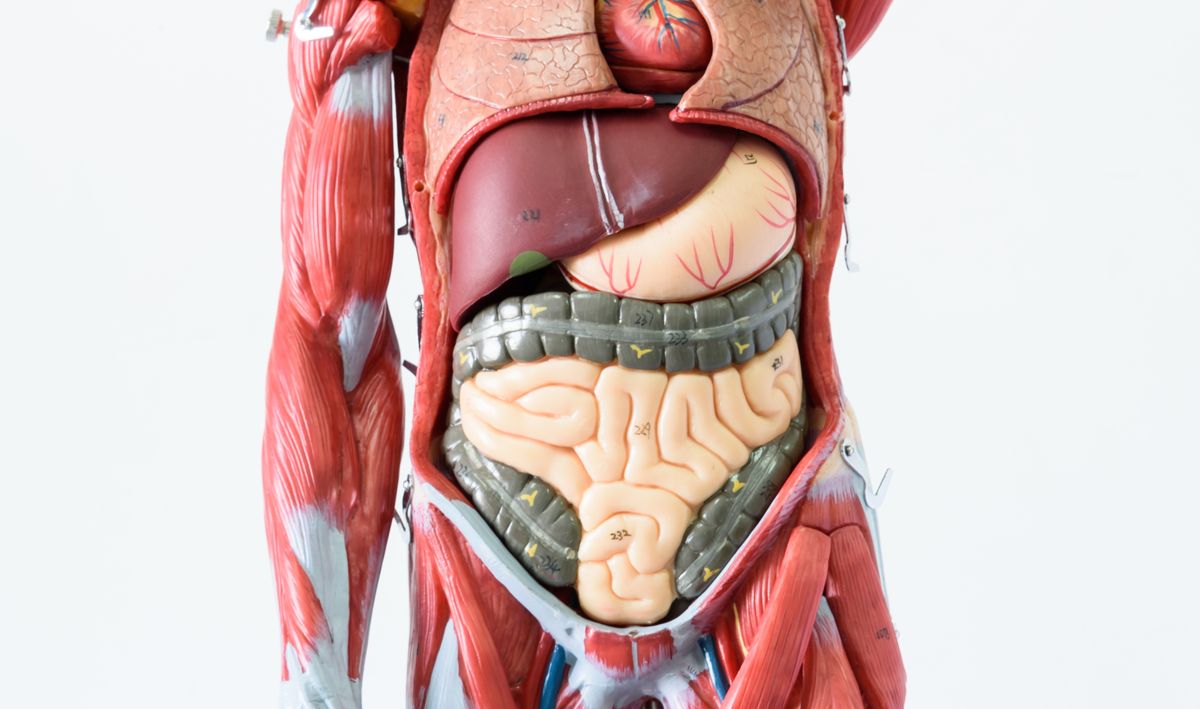Spare parts for the human body? Scientists are exploring a groundbreaking solution to medical research and organ shortages: the creation of human bodies without consciousness. While this technology could revolutionize medicine, the ethical implications remain profound.
Medical science often touts breakthroughs in mice, but few translate into human cures. This challenge, along with long organ transplant waitlists and the slow pace of drug approval, stems from a fundamental issue: the lack of ethically sourced human biological materials. While unsettling, human bodies and tissues are essential for medicine, and their shortage creates a bottleneck in medical progress. A potential solution lies in recent biotechnology advancements that may allow scientists to create living human bodies—termed “bodyoids”—without consciousness, awareness, or pain perception. These engineered bodies could provide an abundant supply of organs and tissues, eliminating the need for animal testing and improving the efficiency of drug development.
The concept of bodyoids relies on pluripotent stem cells, which can generate any cell type in the human body. Combined with artificial uterus technology and genetic modifications that prevent brain development, researchers believe it may be possible to grow human bodies that function biologically but lack sentience. If successful, bodyoids could revolutionize medicine by providing organs tailored to patients, eliminating rejection risks, and allowing personalized drug testing. However, many scientific and ethical hurdles remain. Can bodyoids fully replicate human physiology? Would they survive without ever developing brains? And even if they do, is it ethical to create human-like bodies purely for medical use?
Beyond technical feasibility, the moral implications of bodyoids challenge fundamental views on human identity. Should these lab-grown bodies be considered human in any sense? Would their existence diminish the dignity of unconscious humans, such as those in comas? Some argue that bodyoids could be treated similarly to organ donors or legally dead individuals used in research. Others fear they could blur the definition of personhood. The discussion must start now—before science outpaces ethical considerations. As history has shown, revolutionary advancements demand foresight, not reactionary panic. While bodyoids present immense medical potential, the world must carefully navigate the balance between innovation and ethics.
READ MORE AT MIT TECHNOLOGY REVIEW
